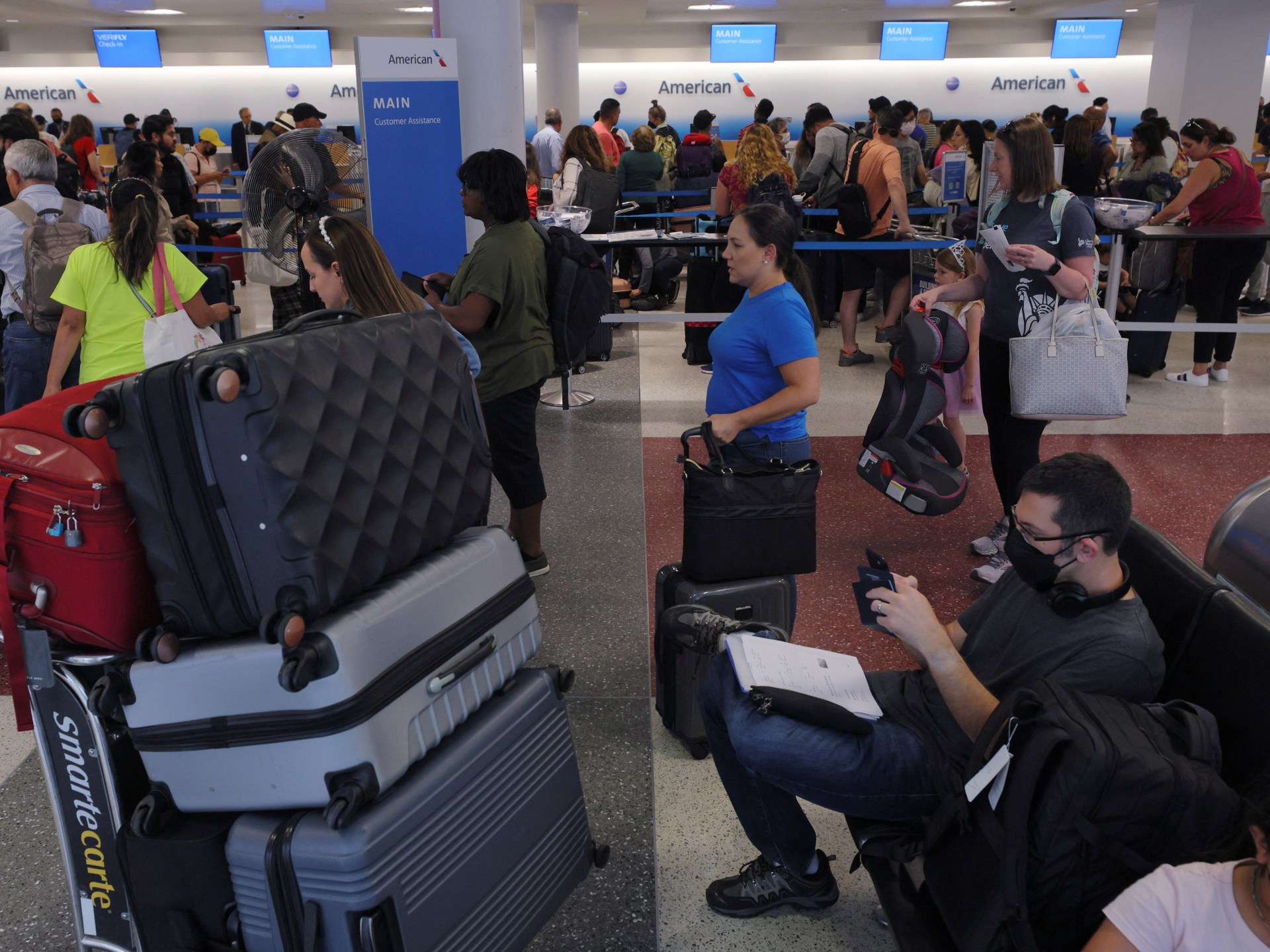People who have had COVID-19 have a significantly higher risk of chronic fatigue than those who have not had the disease, a new study published Wednesday shows.
“Our data indicate that COVID-19 is associated with a significant increase in new diagnoses of fatigue,” according to the study, published by the Centers for Disease Control and Prevention in the journal Emerging Infectious Diseases.
“Physicians should be aware that fatigue may occur or be recognized recently [more than a year] after acute COVID-19,” the report says.
Specifically, the study analyzed the electronic medical records of more than 4,500 patients in Washington state who had COVID-19 in 2020 and 2021 and compared them to patients who had not had COVID. The study found that the risk of chronic fatigue was more than four times higher in those with the disease.
The scientists also examined a broader definition of fatigue, which includes chronic fatigue as well as diagnoses of weakness and malaise. The study found that the risk of fatigue among COVID-19 patients was 68% higher among people who had had COVID than among those who had not.
Among the 4,589 COVID-19 patients in the study, scientists identified 434 as “incident fatigue cases,” in which the person was diagnosed with fatigue after recovering from COVID-19. Of those, 81 were also identified as suffering from chronic fatigue, which is a subset of general fatigue.
The risk of chronic fatigue after COVID-19 was more common among women, older people and those with other medical conditions, according to the study.
The report illustrates the continuing burden of long COVID long after the emergency phase of the pandemic has ended. CDC survey data from last year said that up to 15% of American adults had ever experienced long COVID and up to 6% of them were currently experiencing long COVID.
Among those who have had COVID for a long time, regardless of whether the person was hospitalized or not, fatigue is often a symptom.
The researchers of this study decided to focus on fatigue among COVID-19 patients because the symptom plays a very central role among those suffering from long COVID.
People who developed fatigue after COVID-19 had “much worse clinical outcomes,” according to the report. Among more than 400 patients dealing with post-COVID fatigue, 25.6 percent were hospitalized at some point after an acute attack of COVID-19 during the study period. In contrast, only 13.6 percent of more than 4,000 patients who did not develop post-COVID fatigue were subsequently hospitalized.
Patients who suffered from post-COVID fatigue also had a higher risk of dying than those who did not develop fatigue, according to the report.
The report also cautioned that doctors be alert to COVID patients who have a history of mood disorders; These patients “are also at increased risk for post-COVID-19 fatigue,” she said.
Doctors say the risk of long COVID is all the more reason to take prudent steps to avoid coronavirus infection, including avoiding sick people, getting tested to verify a COVID-19 diagnosis, and staying home if you're sick. but he is asymptomatic. Wearing a mask in crowded indoor environments, staying up to date on vaccinations, and taking antiviral medications like Paxlovid when experiencing COVID-19 symptoms can also help reduce the risk of long COVID.
People can be infected with coronavirus multiple times, the CDC said, and “each time a person becomes infected or reinfected… they are at risk of developing long COVID.”












